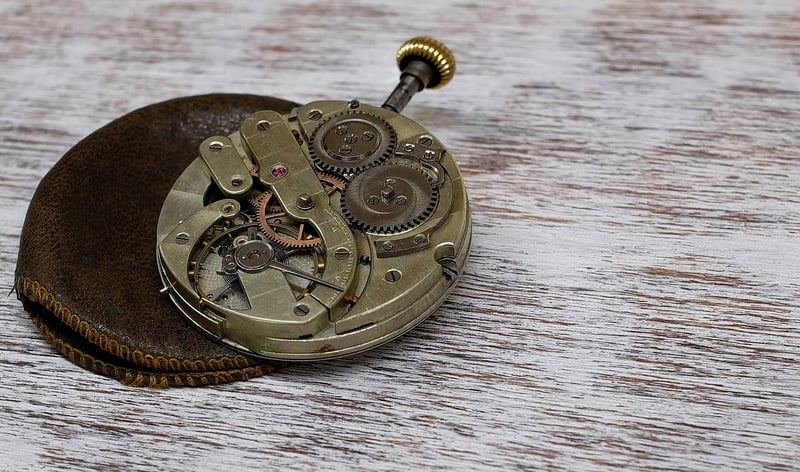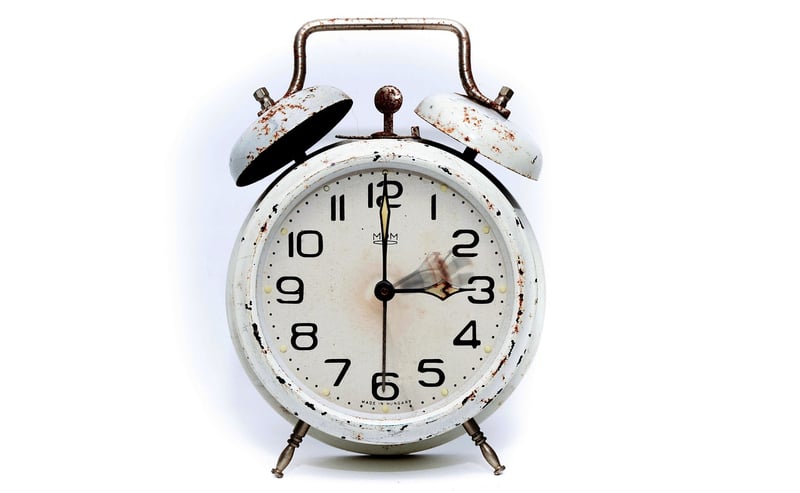Time-Travel Ethics
Navigating Temporal Challenges and Time-Travel Ethics
Introduction
Time travel has long been a subject of fascination and intrigue in science fiction, but its implications extend far beyond mere entertainment. The concept of moving through time raises complex ethical dilemmas and challenges that must be carefully considered.
Temporal Paradoxes and Challenges
One of the most well-known challenges of time travel is the possibility of creating paradoxes. Paradoxes occur when actions in the past have unintended consequences on the future, leading to inconsistencies and logical conundrums. For example, the famous grandfather paradox raises questions about what would happen if you were to go back in time and prevent your own grandfather from meeting your grandmother, thus preventing your own birth.
Types of Temporal Paradoxes:
- Grandfather Paradox
- Bootstrap Paradox
- Predestination Paradox
Time-Travel Ethics
When contemplating time travel, ethical considerations come to the forefront. Altering the past could have significant repercussions on the present and future, leading to moral dilemmas that must be carefully weighed.
Key Ethical Questions:
- Is it morally permissible to change the course of history for personal gain?
- Should we intervene in past events to prevent tragedies or atrocities?
- What are the responsibilities of a time traveler to the individuals and societies of the past, present, and future?
Conclusion
As we delve into the realm of time travel, we must navigate the temporal challenges and ethical considerations with caution and thoughtfulness. The ability to alter the fabric of time comes with great responsibility, and understanding the implications of our actions is paramount.

